Musings by Shekhar Nambiar
Disasters by natural causes or manmade wreak havoc not only of a physical kind but psychological damage to the human mind as well.
Whether the recent earthquakes in Turkey or the horrendous assaults on the Twin Towers in New York, disasters and natural calamities cause irreparable damage to families and individuals.
Also read: Recycle or perish
It is the suddenness and totally unexpected nature of calamities that affect people the most. One moment they are leading a normal life and in the very next, dreams, hopes and aspirations are shattered forever.
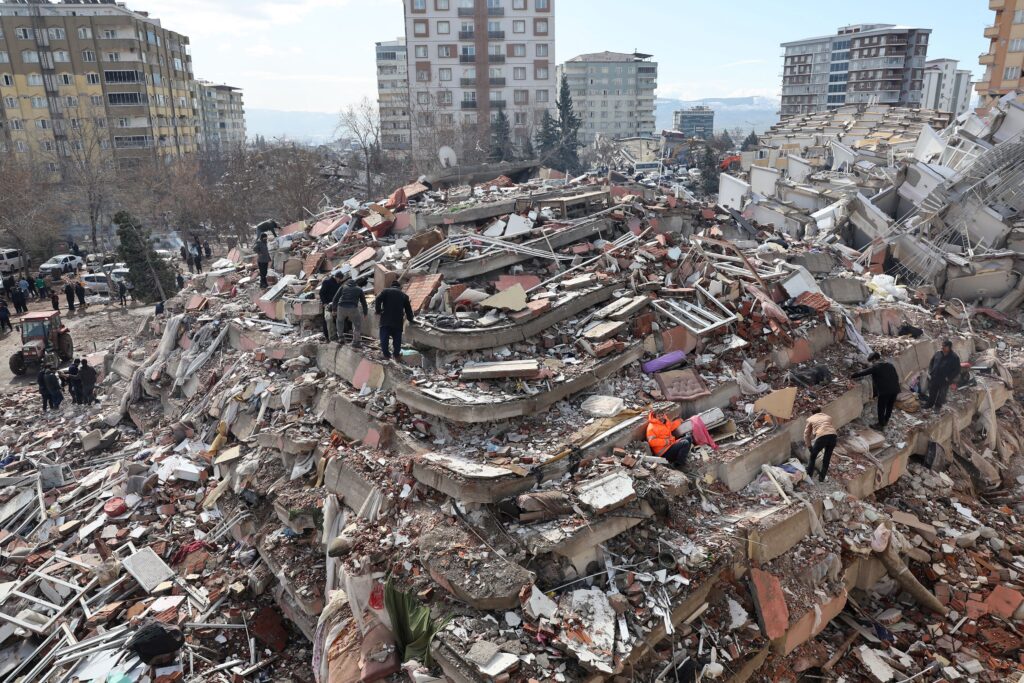
Turkey quakes
It’s not difficult to fathom the feelings of survivors of the recent earthquakes in Turkey that took away thousands of lives, literally in to the rubble of buildings in cities and towns.
Also read: Technology in workspace’s changing face
The Indian response to the disaster was most timely. The hospitals that sprung up in school buildings and elsewhere provided succour and relief to survivors when most needed.
India’s response in Turkey’s hour of need has been most appreciated and thanked.
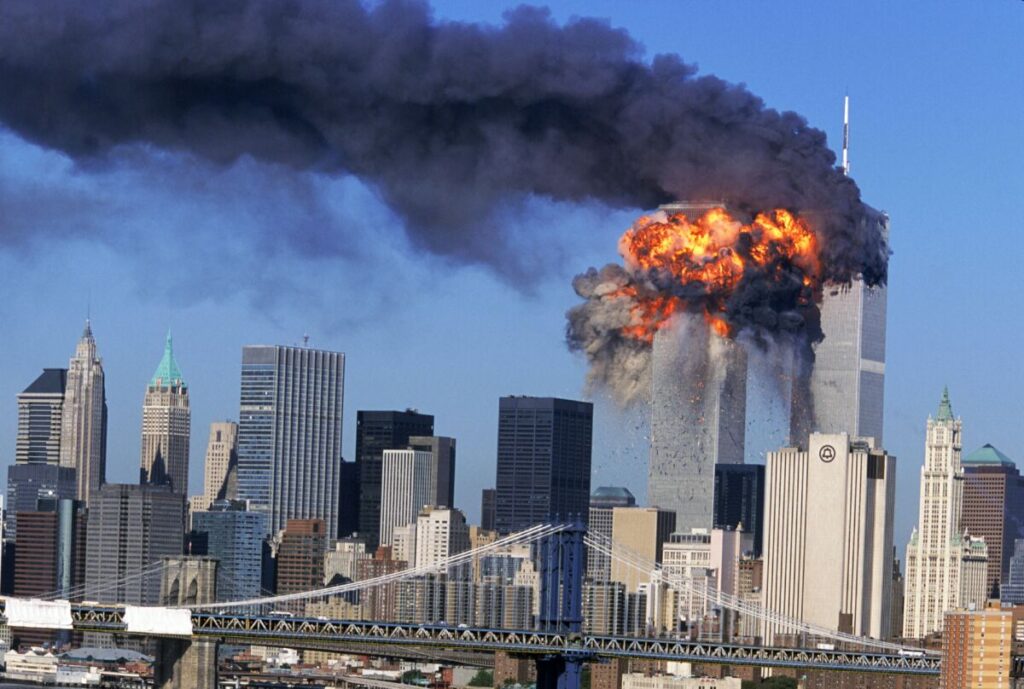
Twin towers
New York was no different after the dastardly attack on the Twin Towers on 9/11.
The attacks on the World Trade Centre were least expected. The occupants of the buildings were settling in at work after their commute from home and suburbs when two planes were forcibly led to crash on them.
Tower 1 bore the brunt of the attack in that it damaged the stairways beyond recognition. Imagine the situation when survivors just couldn’t make it down, and saw themselves staring at a gaping hole. Many leapt to their death in sheer desperation. Others waited for the fumes and gases to swallow them and lead them to what was almost certain death.
Also read: Vani goes silent
The other tower was more fortunate with less damage to one of its stairways helping some two dozen survivors – not more than that – to escape.
Others who had got on to windows and ledges did not make it beyond a few hundred feet below before they were swept away by air currents from the impact of the planes crashing into the buildings.
In no time, the buildings became towering infernos. Aluminium and steel girders came crashing down and the potent mixture of aviation fuel and gas blew up each building, tearing them apart and melting anything and everything that came in the way of the razing fire and flames.
Those of us who have been atop the WTC and other such tall buildings know the utter frivolity of even thinking of escape from such heights in the event of something as severe as the terrorist attack in New York on the fateful day.
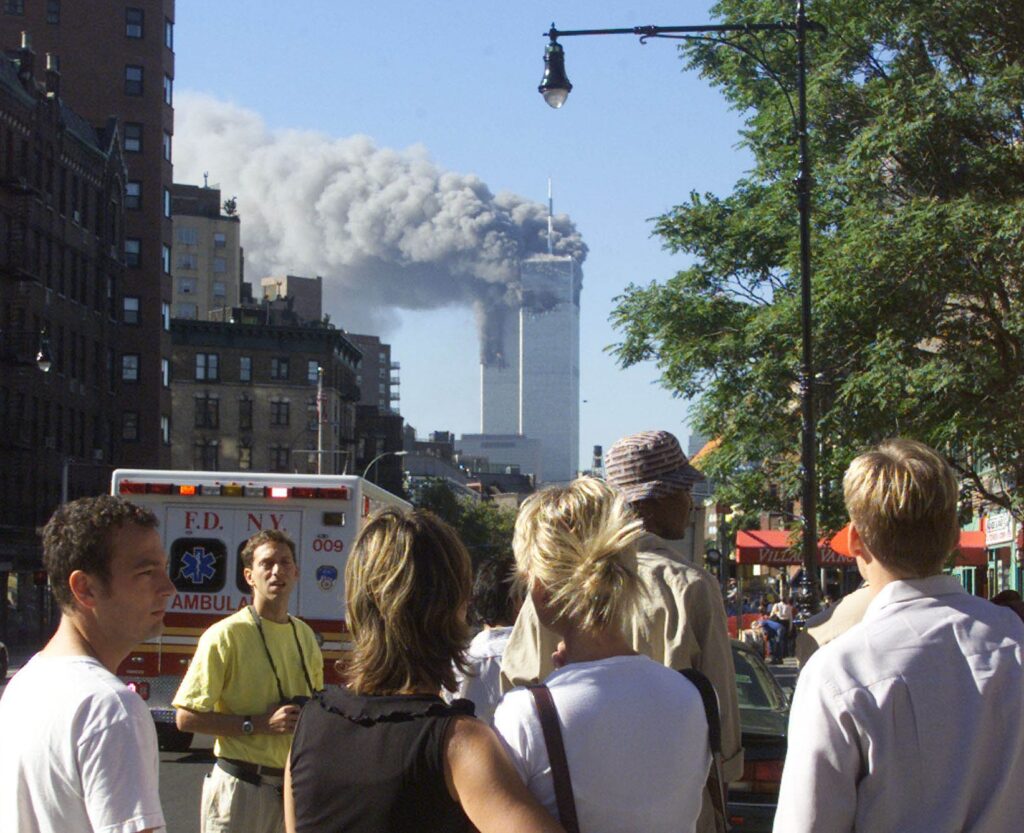
Acts of audacity
As if to prove a point and audacity, a third hijacked plane was force upon the Pentagon building in Arlington just outside Washington, DC.
Yet another plane was meant to crash into a government building but was foiled by a passengers-led revolt and eventually crashed into a plain field.
Also read: Curtain calls
The coordinated attacks by 19 al-Qaeda operatives on September 11, 2001was the first such blatant attack on the United States. It was a wake up call for not just the US but also for countries across the world.
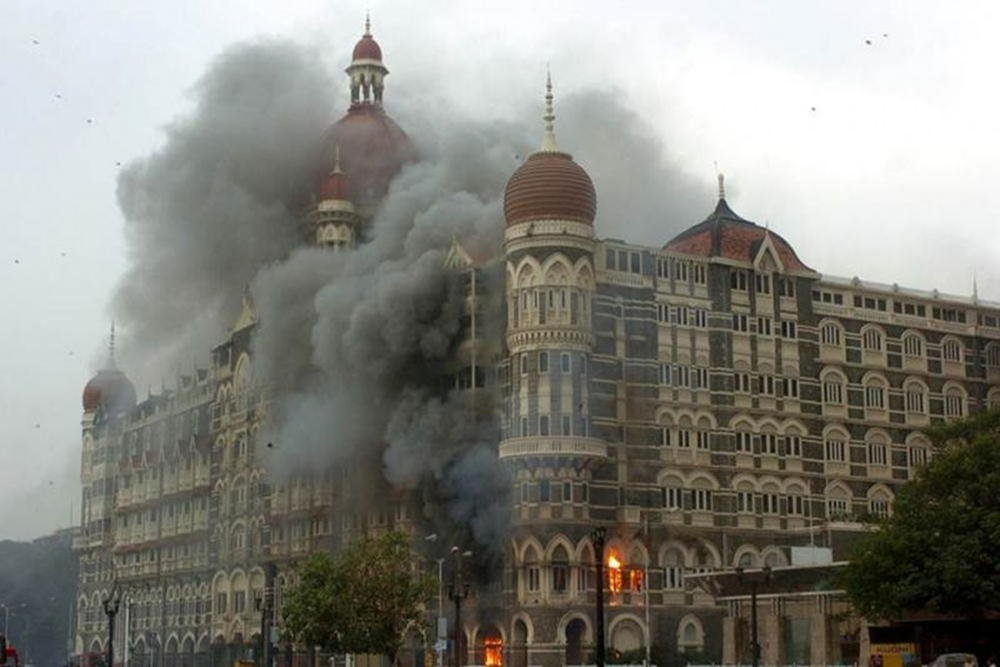
Trail of death
India has not been immune to disasters and terrorist threats. Over several years, terrorist attacks in Mumbai and the serial bomb blasts in Delhi, Coimbatore and elsewhere had left a trail of death and destruction.
Terrorism from across the border had left its impact on several parts of the country.
Phulwama, Pathankot and the blasts at Lal Chowk in Srinagar are but a few examples of the attacks on the Indian state.
Mumbai terror act
The Mumbai terror strikes on November 26, 2008 opened the eyes of the world and proved that terror can take any shape and form and at any time on any target.
Also read: Bottlenecks everywhere
The victims of the Mumbai attacks probably never fully got justice save for one conviction and his subsequent execution, that of Ajmal Kasab.
Terrorist attacks will never really be able to provide full justice to victims and families because of the involvement of another country whose complicity in the crime has to this date never been conceded. This is as it would be in all cases of State- abetted crime or involvement interrorism.
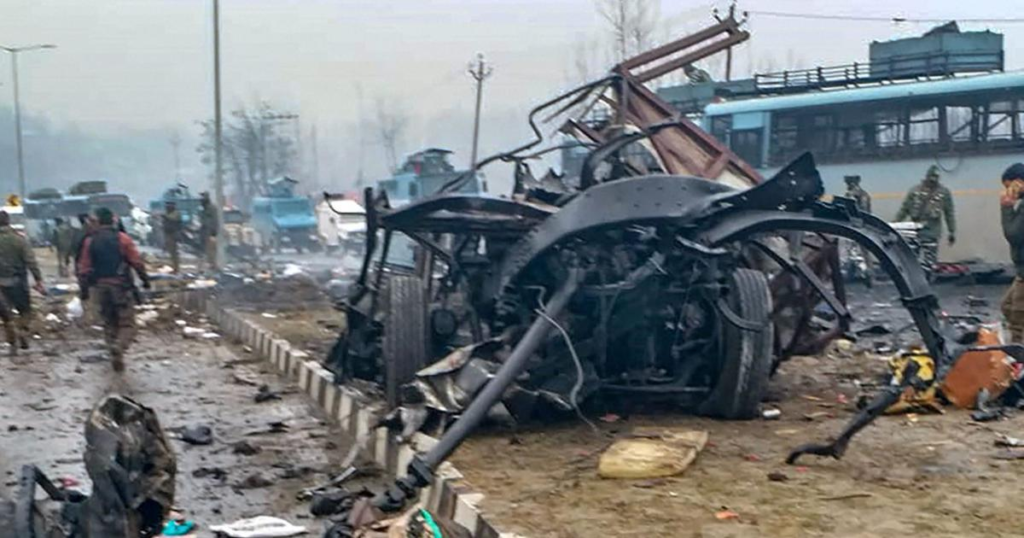
Tale of agony
Survivors who live to tell the tale of an attack are either too traumatized to narrate horrific accounts or take a long time to recount their horror.
The inferno of Uphaar cinema in Delhi’s Green Park left an indelible scar on survivors and families of victims.
Victims’ families waited for nearly 30 years to see some semblance of justice from the courts.
Exporting trouble
The attacks on Indian assets, including on its military, have been more than apparent as coming from one particular country that exports terror to quell, or divert attention to, internal dissent or trouble within its borders.
There can be no doubt that India’s superior economic prowess, more than military, can act as a deterrent to external covert activities.
A weak state can neither defend itself nor be able to carry out an external act of aggression for long.
Also read: Pitfalls of flying





[…] Also read: Quakes and infernos […]